Ever wonder: Why do I pee so much when I drink water? As Sir Isaac Newton discovered: “what goes up, must come down.” The logic of his third law of motion also holds true when it comes to staying hydrated. When you drink more, you’ll pee more.

Your body is more than 60% water, so if you’re drinking the correct amount of water for your size, you’ll be drinking a lot of water. For example, a 130-pound woman needs about 64 ounces of water each day to stay hydrated.
Why Do I Pee So Much When I Drink What I Need?
So we asked our expert: why do people urinate so much when they are drinking the water their bodies need? Dr. Joshua Thurman says, “The body is ordinarily very good at maintaining the proper balance of water. The amount of water that you put out in urine will generally match what you take in. That means that if you do not take in much water the kidneys will concentrate the urine and minimize the amount of water lost in the urine. If you drink a lot of water the kidneys will dilute the urine so that the body can get rid of the water that it does not need.”

Now there are times when drinking more water won’t produce more urine. “If you lose a lot of water in sweat, for example, the kidneys will hold onto a little extra water to make up for the losses. Or if there is kidney failure the body may not be able to maintain the overall balance of water as it should,” explains Dr. Thurman.
Now, we all know that an urgent need to go can be miserable, stressful and even cause an embarrassing accident. So if you’re out and about, it’s a good idea to scout out a few options.
So go ahead and drink what you need to stay healthy. Your skin and organs are craving water and your body can handle it.
ABOUT OUR EXPERT
Dr. Joshua Thurman, MD is a board-certified nephrologist and Professor of Medicine specializing in renal medical diseases and hypertension at the University of Colorado School of Medicine. He received his medical degree from the University of Chicago Pritzker School of Medicine and his undergraduate degree from Harvard University. He has been in practice for more than 22 years.






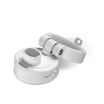
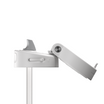
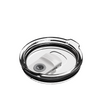
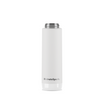





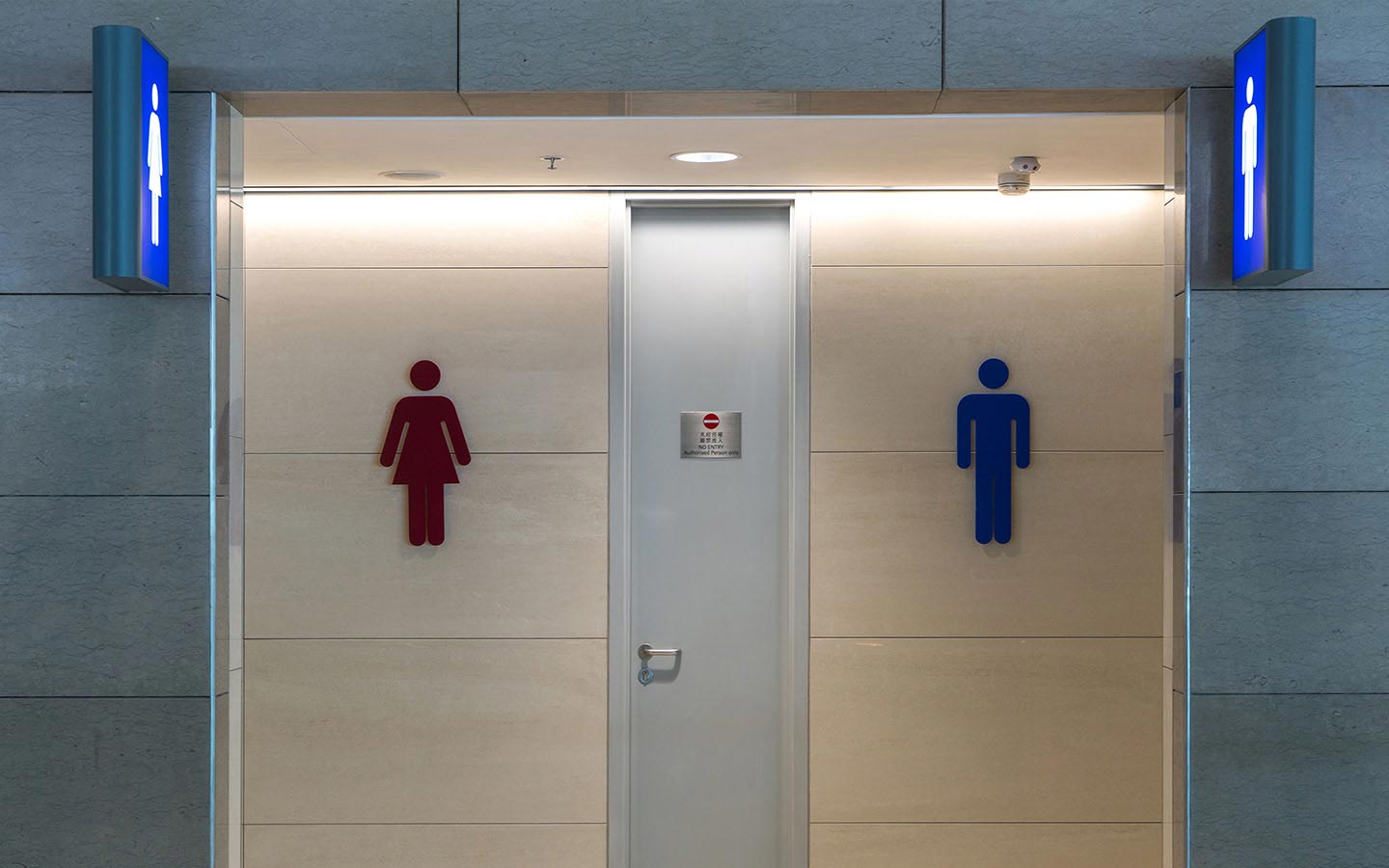

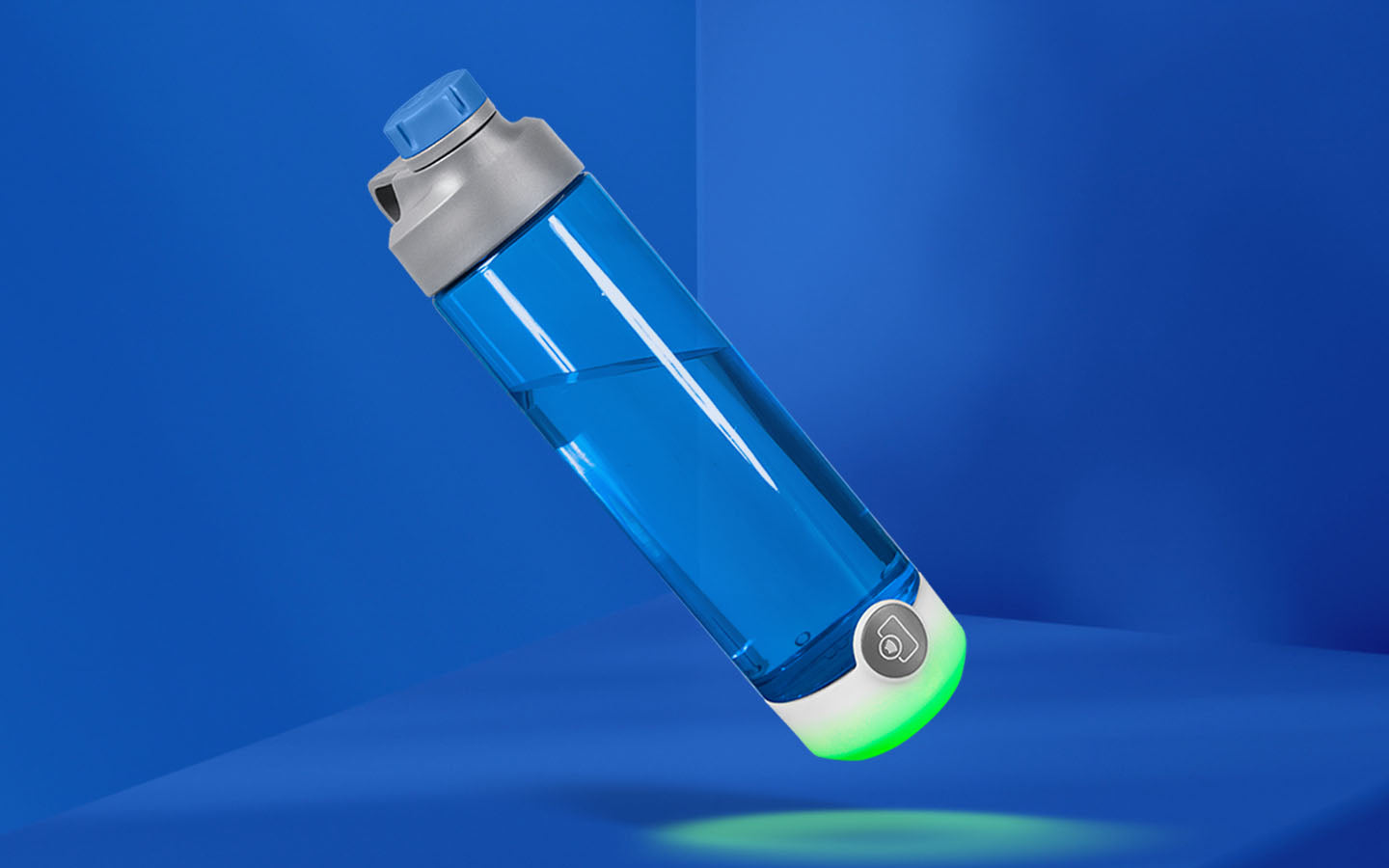
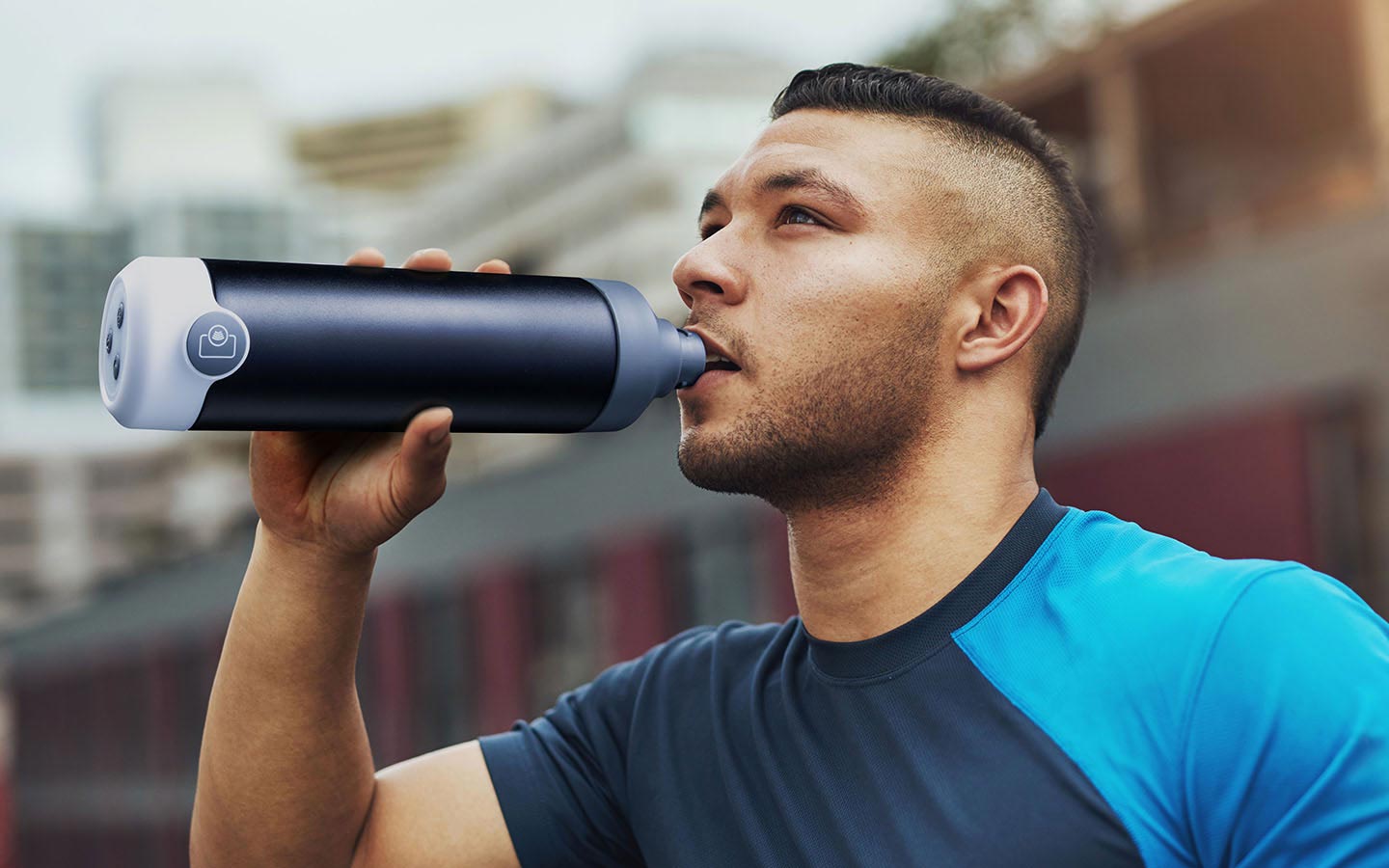
Leave a comment
This site is protected by hCaptcha and the hCaptcha Privacy Policy and Terms of Service apply.